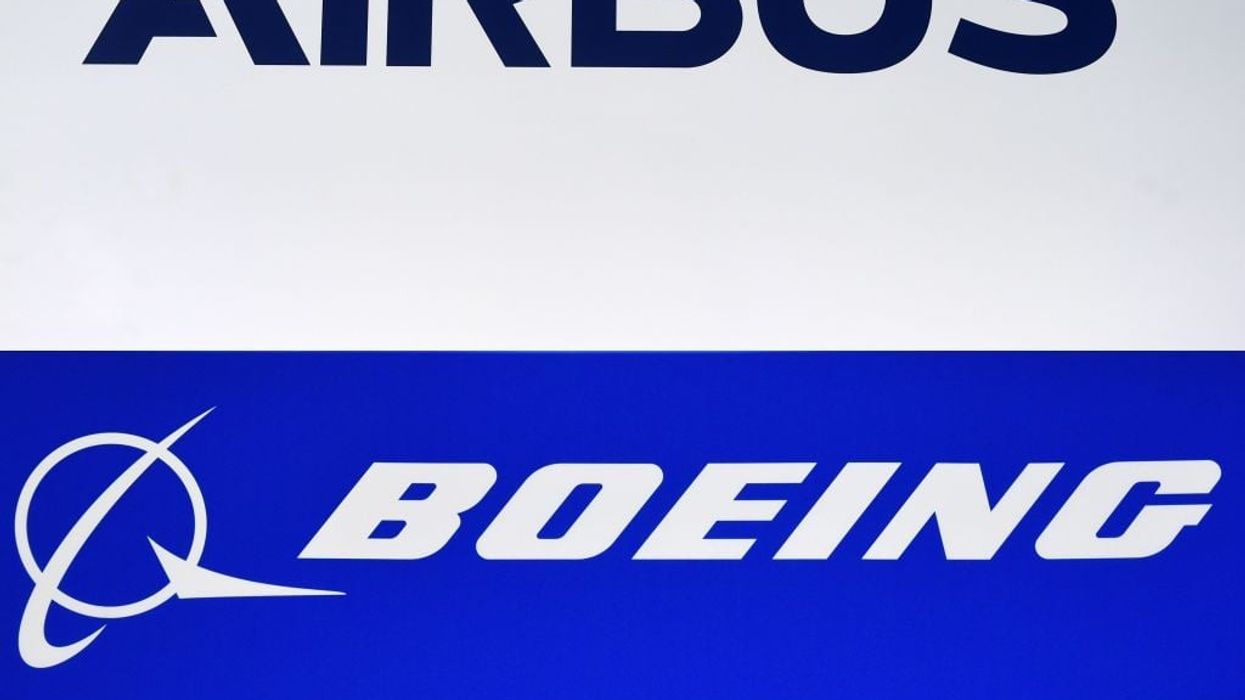Aircraft manufacturing majors, Airbus and Boeing, are under increasing pressure to establish plane assembly plants in India.
India's civil aviation minister, Jyotiraditya Scindia, has said that it is time for the companies to meet the rising demand for aircraft by assembling them within the country.
According to Scindia, the conditions are favorable for both companies to take a "leap of faith," as India's aeronautical industry is rapidly expanding and has reached a turning point, as demonstrated by plans to assemble Airbus C295 military transport planes in the country.
Airbus and Boeing have both highlighted the scale and technology of existing investments in India, playing down the significance of final passenger jet assembly.
An Airbus-Tata consortium plans to assemble 40 C295 planes in Gujarat, the home state of Modi who wants aerospace and defence to become a key engine for his "Make In India" drive to expand the world's fifth-largest economy.
Tata-controlled Air India last month agreed record orders for 470 jetliners from Airbus and Boeing and sources have said India's largest airline, IndiGo, is in talks for another 500.
"The market is there, the volume is there, the engineering talent is there. And then you take that leap of faith. So the time has come now," Scindia said in an interview, adding such decisions would not necessarily be tied to specific jet orders.
"Now is the time for these companies to look at planting their feet on the ground in India," he said.
India has been lobbying quietly for jet assembly for several years but ratcheted up pressure behind the scenes during the past 12 months, two people familiar with the matter said.
The push comes at a time when the two global plane giants are juggling the need for capacity to meet soaring demand with pressure on global supply chains and geopolitical instability.
Their strategies differ, with Boeing keeping benchmark 737 production in the Seattle area, while Airbus runs four sets of competing A320 lines in Europe, the US and China.
For now, both appear to have resisted India's calls for civil final assembly lines (FAL), while playing up existing investments in engineering, supply chain and maintenance. Boeing said it buys $1 billion a year in parts and services from India, while Airbus said it buys $700 million.
Local assembly is restricted to defence projects, where the cost of meeting national security concerns can be built in.
"There's a desire in every country to have as much manufacturing as possible ... and final assembly is a desire that you see all around the world," said Salil Gupte, president of Boeing India.
"The volumes that you would require for final assembly on the commercial part of the business are just far, far greater," he said.
"Even without the C295 FAL, the Airbus industrial footprint in India already generates more foreign exchange value and jobs for the country than any modern assembly activity would," said Remi Maillard, president of Airbus India & South Asia.
(Reuters)





